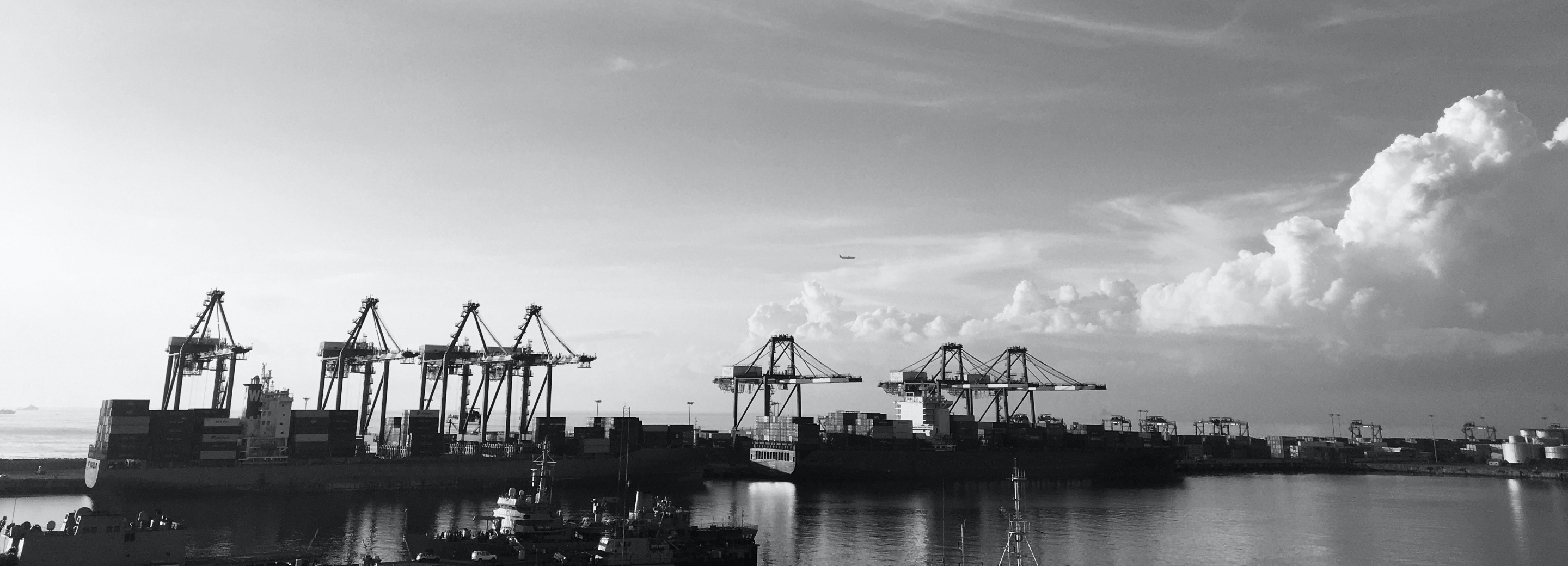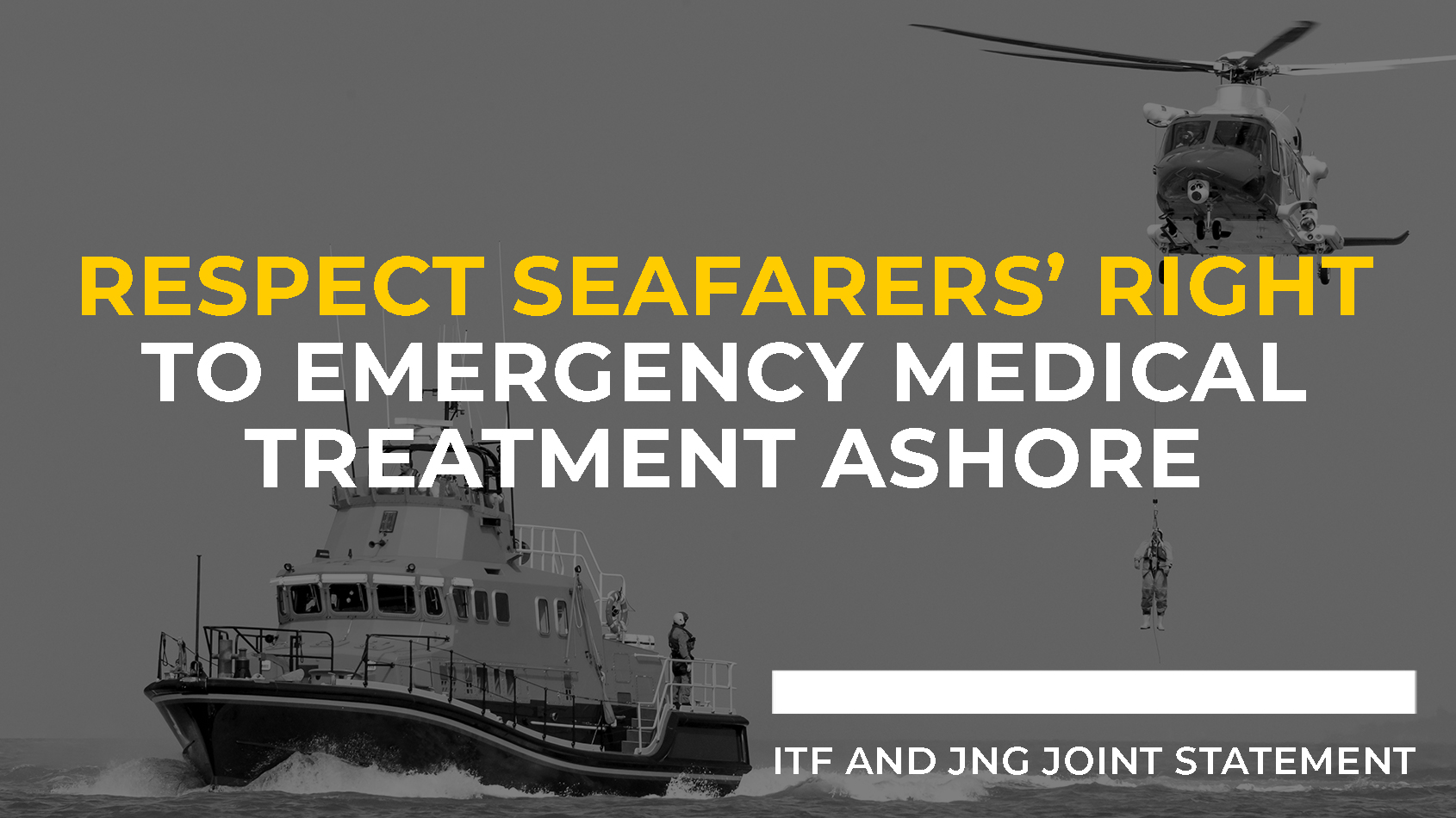
The International Labour Organization (ILO) Maritime Labour Convention 2006 (MLC) is clear – a seafarer, while working on board, has the right to adequate health protection and access to prompt and adequate medical care including essential dental care. This must be as comparable as possible to medical care which is generally available to workers ashore and include the right to be allowed to visit a qualified medical doctor or dentist without delay in ports of call.
The International Maritime Organization (IMO) has also issued a Preliminary List of Recommendations to Governments and National Authorities on the Facilitation of Maritime Trade during the Covid-19 pandemic which requests governments and national authorities to:
- Consider temporarily restricting shipboard personnel to the ship while in port (except or until the situation permits otherwise) unless disembarking as part of a crew change or to receive emergency medical attention not available on board the ship.
- Provide seafarers access to emergency medical treatment ashore in the event of med-ical emergencies.
As world leaders scramble to put in place measures to reduce the spread of Covid-19 and ensure adequate medical treatment is available to their citizens, seafarers are being forgotten despite the crucial role they play in securing delivery of necessary goods including the medical equipment and medication that governments need to combat the effects of the virus.
Every day, an increasing number of seafarers are agreeing to have their employment contracts extended past the expiration date after having spent between 6 to 10 months on board. To add insult to injury unfortunately many seafarers are being denied necessary emergency medical care unrelated to Covid-19 due to national or local restrictions. Some of the medical issues have been minor, while other cases have been serious and potentially life threatening requiring immediate medical attention.
One case involved a seafarer who suddenly had an overwhelming, sharp pain in his left eye which progressively got worse to the point that he was sensitive to light. The vessel consulted an ophthalmologist who had concerns for the seafarer’s sight and recommended immediate medical evacuation for appropriate treatment. Unfortunately, the local Indonesian port authorities refused the seafarer to be disembarked despite the efforts made by the port agent, the P&I Club and the embassy. After strong intervention by the ITF affiliate in Indonesia, Kesatuan Pelaut Indonesia (KPI),the port authorities in Morowali, Indonesia, finally agreed for the seafarer to disembark and receive medical care.
Indonesian authorities also rejected multiple requests for an emergency medical evacuation needed to save the life of a seafarer on board a vessel off the island of Sumatra. The seafarer exhibited signs of a stroke including confusion, confused speech, pain under left shoulder, left arm and leg paralysis. A doctor from Global Voyager Assistance confirmed that the seafarer should immediately be sent to a hospital for treatment as this was potentially a life and death situation. Alarmingly, the local port authorities refused two requests from the Master for medical evacuation due to Covid-19 restrictions. ITF affiliates, the Seafarers Union of Russia and the KPI in Indonesia actively intervened with the responsible authorities in Russia and Indonesia, and supported by the ITF and the respective UN agencies including the ILO and IMO, were able to get the seafarer disembarked and taken to a hospital after almost four days since the initial request was made.
These are just some of the cases that have been reported. There are more examples of seafarers being denied their legal right to medical treatment. Governments cannot use the current coronavirus to refuse seafarers’ human rights as enshrined in international and national legislation.
The maritime social partners, the JNG and the ITF, urgently call on governments to step up and respect seafarers’ right to medical care and treatment. This is not just necessary for world trade to keep moving and essential goods to keep being transported to those who need it, but it is a fundamental human right that cannot be set aside because of the pandemic. Seafarers are key workers and without their professional services and commitment, citizens of the world would be much worse off.
